Kerala Needs a City Library in Calicut: Haji P.K. Koya, IBT Chief, Urges in his Lecture at SISCO
KUALA LUMPUR, Malaysia – Haji P.K. Koya, a prominent Indian-born Malaysian author, publisher, and scholar, recently visited the SISCO (Sayed Ismail Shihabudeen Council for Visionary Leadership) at the International Islamic University Malaysia (IIUM). He delivered an inspiring lecture that resonated deeply with students and academics.
In his address, Haji Koya emphasized the urgent need for a city library in Kerala, preferably in Calicut, that is accessible and welcoming to all. He highlighted the importance of reclaiming a culture of reading, knowledge exchange, and intellectual development.
"Keralites must focus on creating a city library with comprehensive facilities, as this is currently a glaring absence," he stated. "Amid disunity and unnecessary factional competition, the first command of the Quran, Iqra (Read), seems to have been forgotten. A library like this should be a priority for influential and proactive individuals in Kerala, aiming to revive the culture of knowledge and wisdom-sharing."
Haji Koya’s call to action serves as a reminder of the essential role libraries play in uniting communities and advancing intellectual and cultural growth.
Serving as the executive secretary of the Islamic Book Trust (IBT) in Kuala Lumpur, Haji Koya has made significant contributions to the world of Islamic literature and education.
Established in 1991, IBT has become a leading publisher of scholarly works on Islam under Haji Koya's leadership. To date, IBT has published over 400 titles, covering topics such as Qur’anic studies, Hadith, history, law, and contemporary issues. Among its landmark projects is the Integrated Encyclopedia of the Qur’an, the first English-language Qur’anic encyclopedia prepared entirely by Muslim scholars.
During his lecture titled “Insights and Interaction with PK Koya” at SISCO in International Islamic University Malaysia (IIUM), Haji Koya emphasized the untapped potential in publishing Islamic books, particularly in English. He highlighted the Muslim world’s need to prioritize literary development, urging greater contributions to global Islamic scholarship.
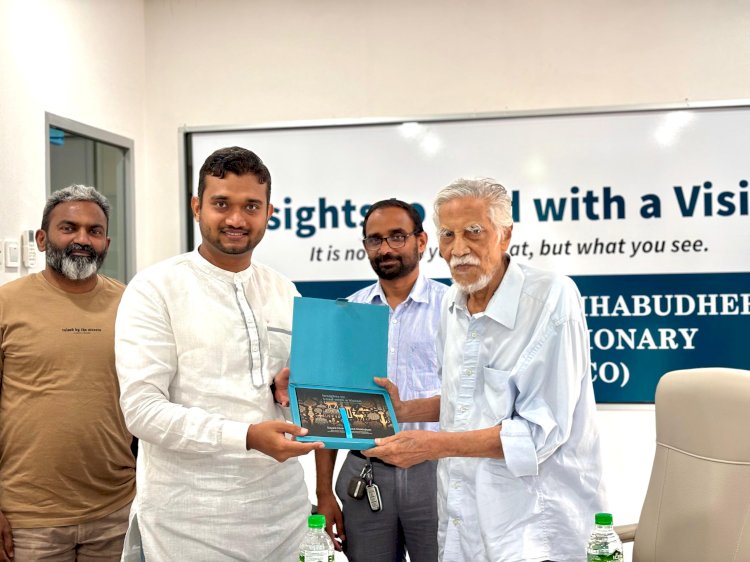
At 93 years old, Haji Koya continues to demonstrate an unwavering passion for knowledge and literature. He unveiled plans to establish a new publishing hub in Kerala, specifically in Calicut, which will focus on producing Islamic books without sectarian biases. The proposed hub aims to provide open access to locals and international scholars interested in studying Islam's rich heritage in Kerala.
The session was highly interactive, with students engaging in thought-provoking discussions. Haji Koya’s anecdotes and insights resonated deeply, fostering dialogue on the transformative power of literature in shaping intellectual and social progress within the Muslim community. The event also encouraged students to consider careers in literature, journalism, and social work.
Haji Koya’s distinguished career includes publishing notable works such as "Islam in China: History, Spread, and Culture – A Pictorial Book," which documents the history and cultural integration of Islam in China. His contributions have been instrumental in promoting a deeper understanding of Islamic civilization and combating intellectual apathy towards Islam.
The event was graced by several distinguished guests, including Abid Adivaram, a respected writer and freelance journalist; Dr. Hashim Rifa'ee, a dedicated social worker; and IIUM Assistant Professors Dr. Sayyed Mohamed Muhsin Hudawi (Department of Fiqh & Usul Al Fiqh) and Dr. Jafar Hudawi (Department of Education). Their presence added depth to the discussions, enriching the experience for all attendees.
Haji P.K. Koya’s visit to SISCO was a remarkable event that inspired the audience to explore the power of literature and knowledge dissemination in shaping a brighter future for the Muslim community.
Reported by
Muhammed Muhsin (Master student of Islamic revealed knowledge and heritage in Quran and Sunnah (IRKHS), IIUM)
Moosa Sinan (Master student Islamic thought and civilization (ISTAC), IIUM)
Disclaimer
The views expressed in this article are the author’s own and do not necessarily mirror Islamonweb’s editorial stance.

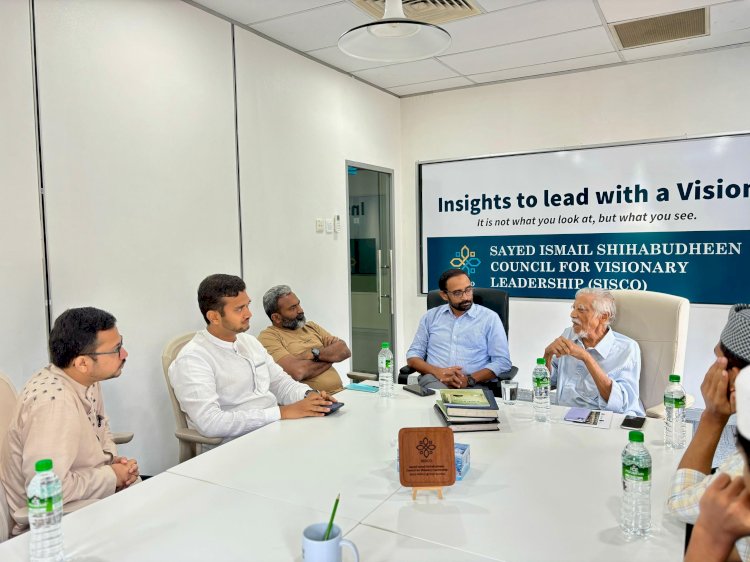



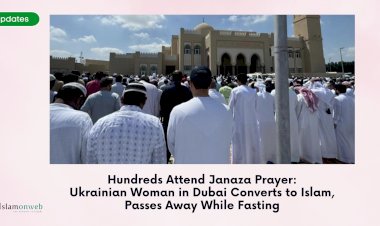
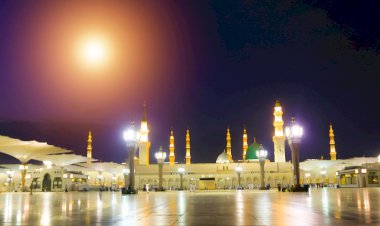
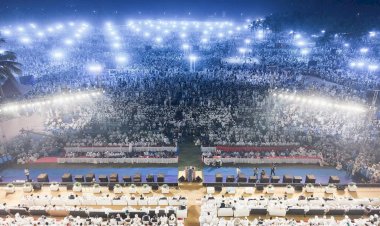
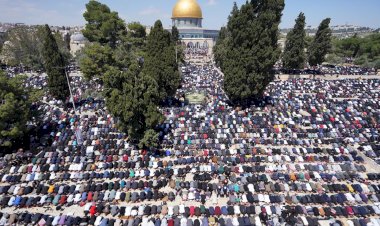















Leave A Comment